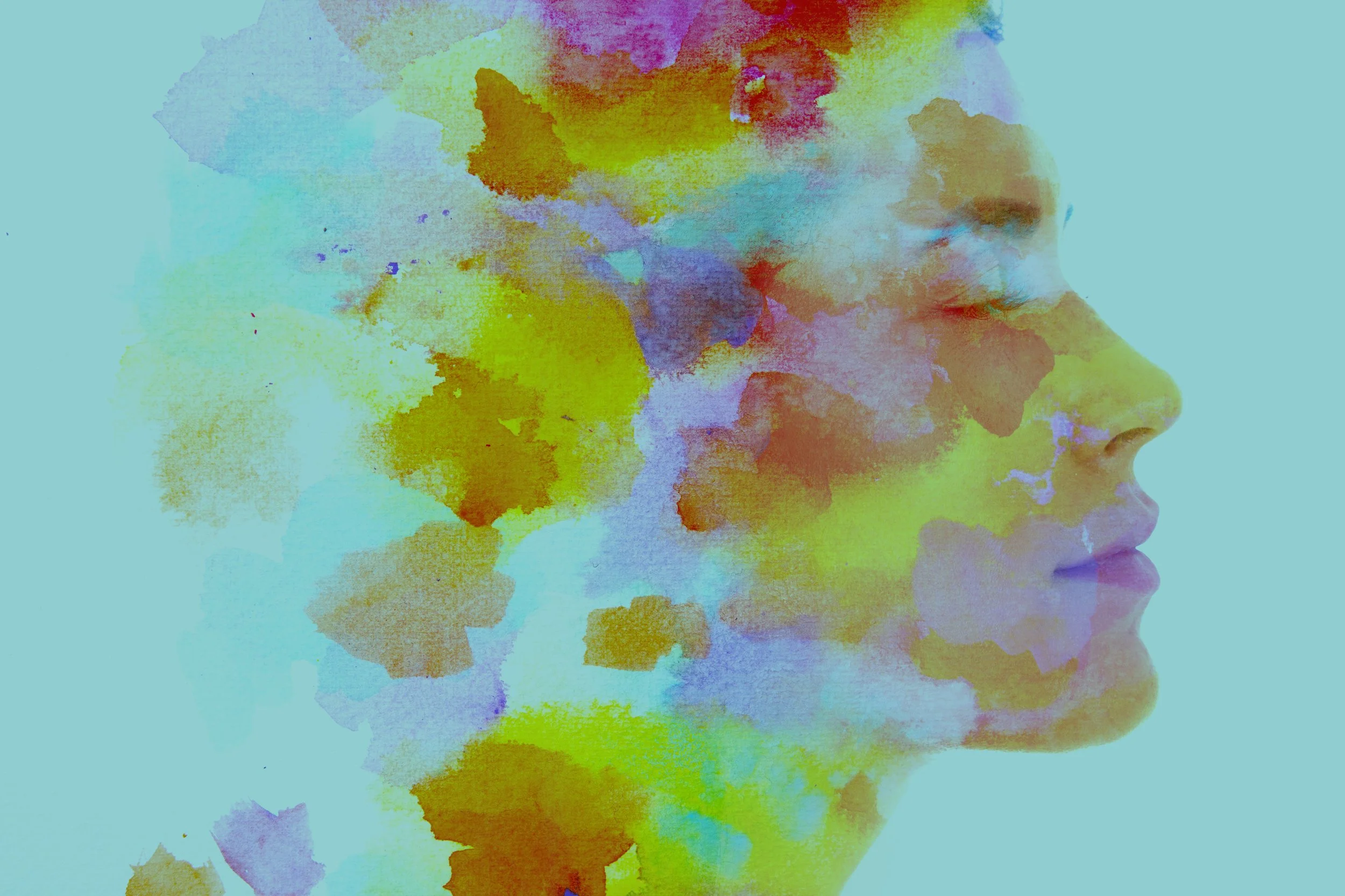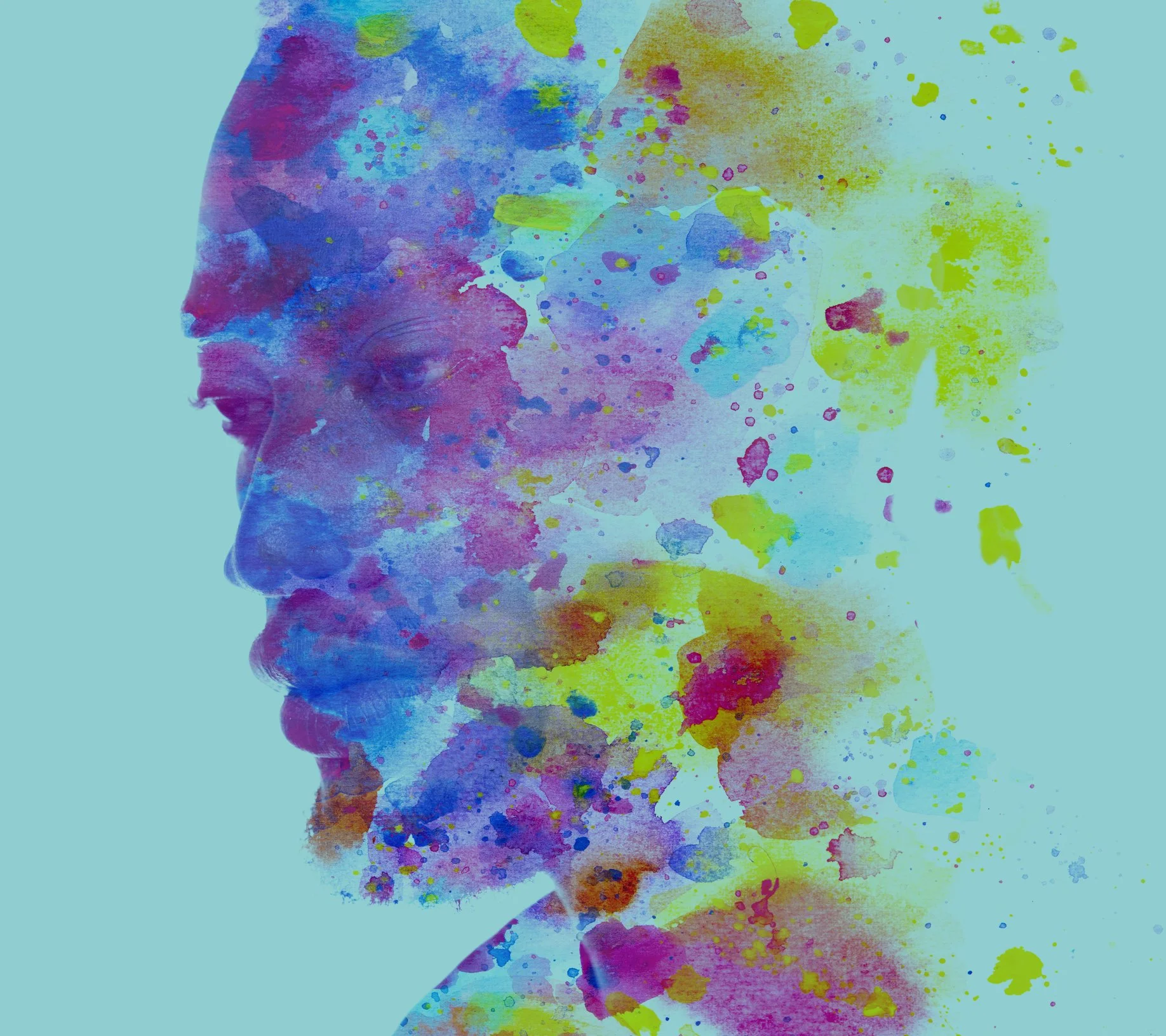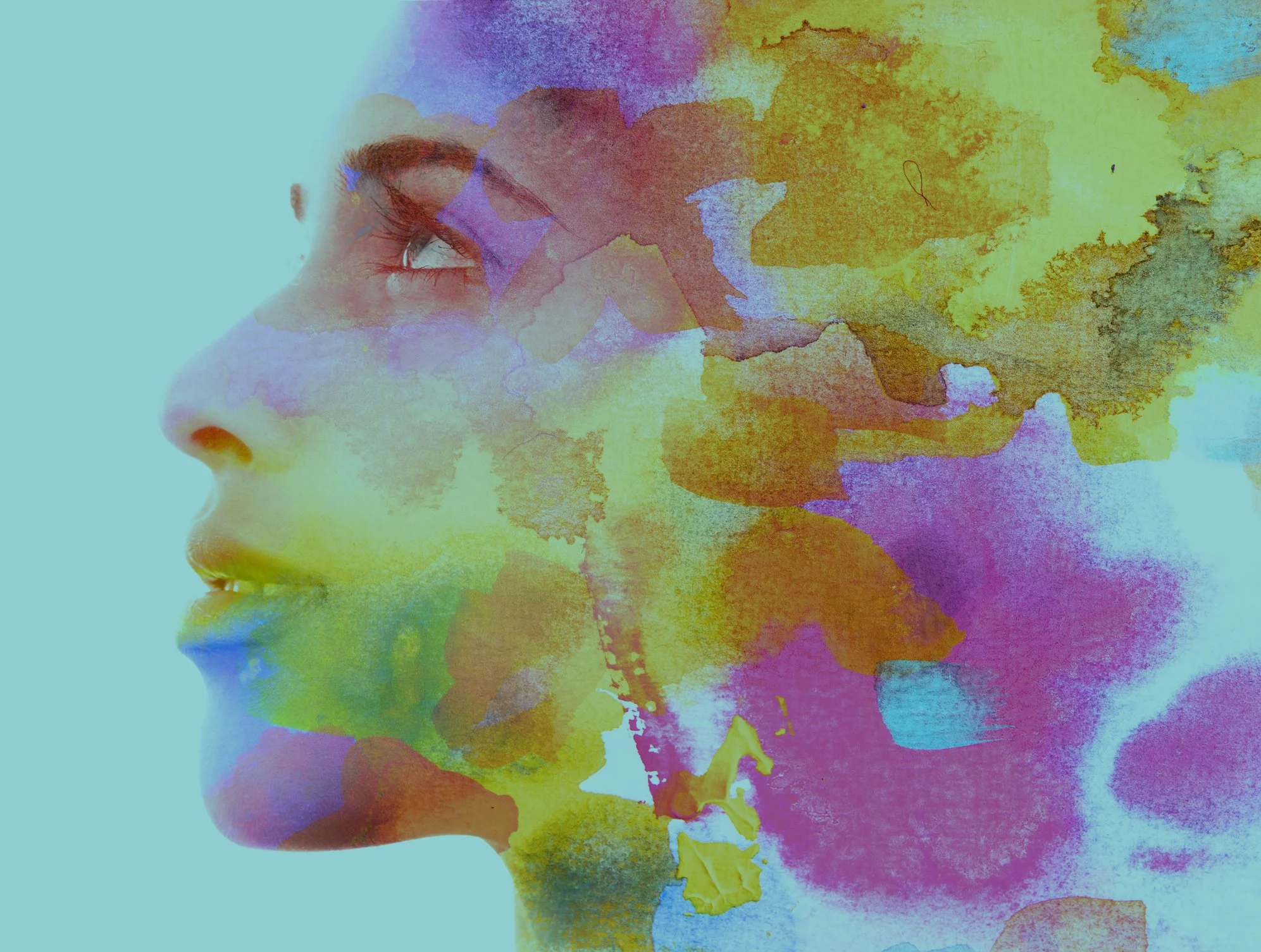
Making Deeper Contact
What’s included?
Embracing both sides of your existence -- pleasure and pain, health and illness, ease and suffering, and life and death – means truly befriending yourself and others. This deep acceptance creates an opening to both love and truth in all conditions.
This four-part course (consisting of 16 video classes) offers a new way of perceiving and encountering your existence – to refuse nothing and to learn from everything. The course is guaranteed to change your mind about everything.
(Suitable for personal skills development, life coaches, executive coaches, and therapists for expanding awareness and insight about both contractive and expansive dimensions of our lives and relationships.)
To make this four-part journey as meaningful and accessible as possible, we’ve bundled the complete program into a single, comprehensive offering for just $196. This all-inclusive enrollment gives you access to every section of the course—each one building on the last to support deep insight, connection, and transformation. We invite you to commit to the full arc of learning, and discover the wisdom that unfolds when you walk the entire path.
-
1. This Is Our World: Imperfect, Impermanent, Impersonal
2. Many Sides to Every Snow Globe
3. Personal Responsibility versus Control
4. How Do We Embrace and Learn from Impermanence and Loss? -
5. One Size Does Not Fit All When It Comes to Immunity, Health, and Wellness
6. Human Emotions, Disgust, and Purity/Contamination
7. Why Humans Need Enemies and What to Do About It
8. No Blame: We Are Human -
9. The Relational Path of True Love
10. Equality and Reciprocity as Imperfect Ideals Between Genders and Partners
11. Renewing Vitality When Intimacy Seems Dead
12. Eroding Trust and Repairing Trust in Feeling Unseen/Unheard/Unknown -
13. Repairing Trust After Lying and Betrayal
14. Engagement and Disengagement in Caring for Ill Friends or Family (especially Dementia)
15. What is Death? Why Do We Fear It?
16. Confident Ease in a World of Uncertainty and Impermanence
Part I // Befriending Our Imperfect, Impermanent, Impersonal World
To make deeper contact with life, we must begin where life truly is—not where we wish it to be. This first section invites you into an unflinching yet compassionate encounter with the reality of existence: a world that is imperfect, ever-changing, and not centered on the individual self. Rather than resisting these conditions, we explore how to befriend them.
Across these four classes, you’ll be challenged to examine the foundations of your worldview. You'll reflect on how early emotional dependency shapes your inner narratives, how your sense of self develops in response to conditions you cannot control, and how loss and impermanence—rather than being threats—can become profound sources of insight, tenderness, and connection.
This is not about spiritual bypassing or positive thinking. It is about turning your perception inside out—learning to see the interdependence, transience, and impersonal nature of reality not as problems to fix, but as the very conditions through which love, truth, and compassion become possible. By facing both the beauty and the difficulty of life as it is, you’ll begin to walk a path of deeper acceptance and awakening.
Part 2 // Transforming Health/Illness, Purity/Disgust, Enemy-Making, and Blame
What does it mean to be human in a body that gets sick, a mind that creates judgments, and a society that so often divides us into good and bad, clean and unclean, right and wrong?
In this second section, we explore the emotional terrain that lies at the heart of suffering, separation, and self-rejection—and we begin the inner work of transforming it. These four classes will guide you into the messy, embodied reality of being human: our vulnerability to illness, our instinctive recoil from difference, our tendency to create enemies when we feel powerless, and our need to make sense of what goes wrong—often through blame.
But this isn’t a course in pathology. It’s an invitation to awaken compassion. Through Buddhist frameworks, emotional science, and narrative self-awareness, you’ll come to understand that disgust, shame, fear, and blame are not personal failures—they are baked into the human condition. Once you see this clearly, you can begin to loosen their grip. You’ll explore how ideals can become weapons, how unconscious memory can turn others into enemies, and how suffering—whether physical, psychological, or relational—can be transformed through awareness, humility, and care.
Ultimately, this section asks: What if our task isn’t to purify ourselves, but to love what’s human? What if we could meet illness, difference, conflict, and grief not with judgment, but with an open, spacious heart?
This is the work of unlearning blame and rediscovering belonging.
Part 3 // The Path of True Love
In this section, we step into one of the most profound arenas of human experience: love. But not love as fantasy or fleeting emotion—True Love as a rigorous and revelatory spiritual path.
Where modern culture often promises fulfillment through romance or compatibility, this course invites you to go deeper. True Love is not merely about finding the right partner or securing emotional safety. It is the daily practice of witnessing the other as a whole, evolving being while remaining rooted in your own wholeness. It is the art of staying curious, compassionate, and courageous in the face of disillusionment, difference, and conflict.
In these modules, you will explore the terrain where many of our relationships get stuck—our unrealistic ideals of equality and reciprocity, the collapse of traditional marriage paradigms, the deadening impact of projection and unconscious dynamics, and the erosion of trust when we no longer feel seen or heard. Rather than offering quick fixes, this section offers a new map: one grounded in vulnerability, Real Dialogue, and a willingness to remain in relationship as a dynamic unfolding, not a static achievement.
Ultimately, The Path of True Love is not about getting relationships “right,” but about using them as a crucible for transformation. You will learn how to navigate love as a spiritual path—marked by discernment, mutual witnessing, and a commitment to seeing self and other as Whole Selves.
Part 4 // Befriending Loss, Betrayal, Decline and Death in this Imperfect World
There is no way to love or live deeply without encountering the full spectrum of loss—betrayal, aging, illness, death, and the quiet erosion of what once felt certain. In this section, we turn toward these inevitable human experiences not as problems to solve, but as invitations to grow in wisdom, humility, and love.
This is the terrain where many spiritual and relational journeys stall. We are conditioned to seek comfort, certainty, and happy endings. Yet maturity requires that we face the truth of impermanence—not with despair, but with clarity and open-heartedness. Whether it is the sting of betrayal, the long goodbye of dementia, or the final transition of death itself, each experience of decline offers a chance to deepen our relationship with self, other, and reality.
We will learn how trust can be repaired after betrayal, how to care for others without losing ourselves, and how to approach dying and death as natural processes with their own intelligence and rhythm. We will explore why we fear death—and how we might begin to die with as much consciousness and grace as we aim to live.
Ultimately, this section teaches that loss is not the end of love. In fact, it is where love—stripped of idealism—often becomes most real. By turning toward decline and death, we come to know the full arc of relationship and the beauty of a human life, fragile and radiant as it is.
Read, Listen, and Watch
Finding Ourselves on Different Sides: The Skill and Method of Real Dialogue™ (Preview)
Real Dialogue Training with Polly Young-Eisendrath








